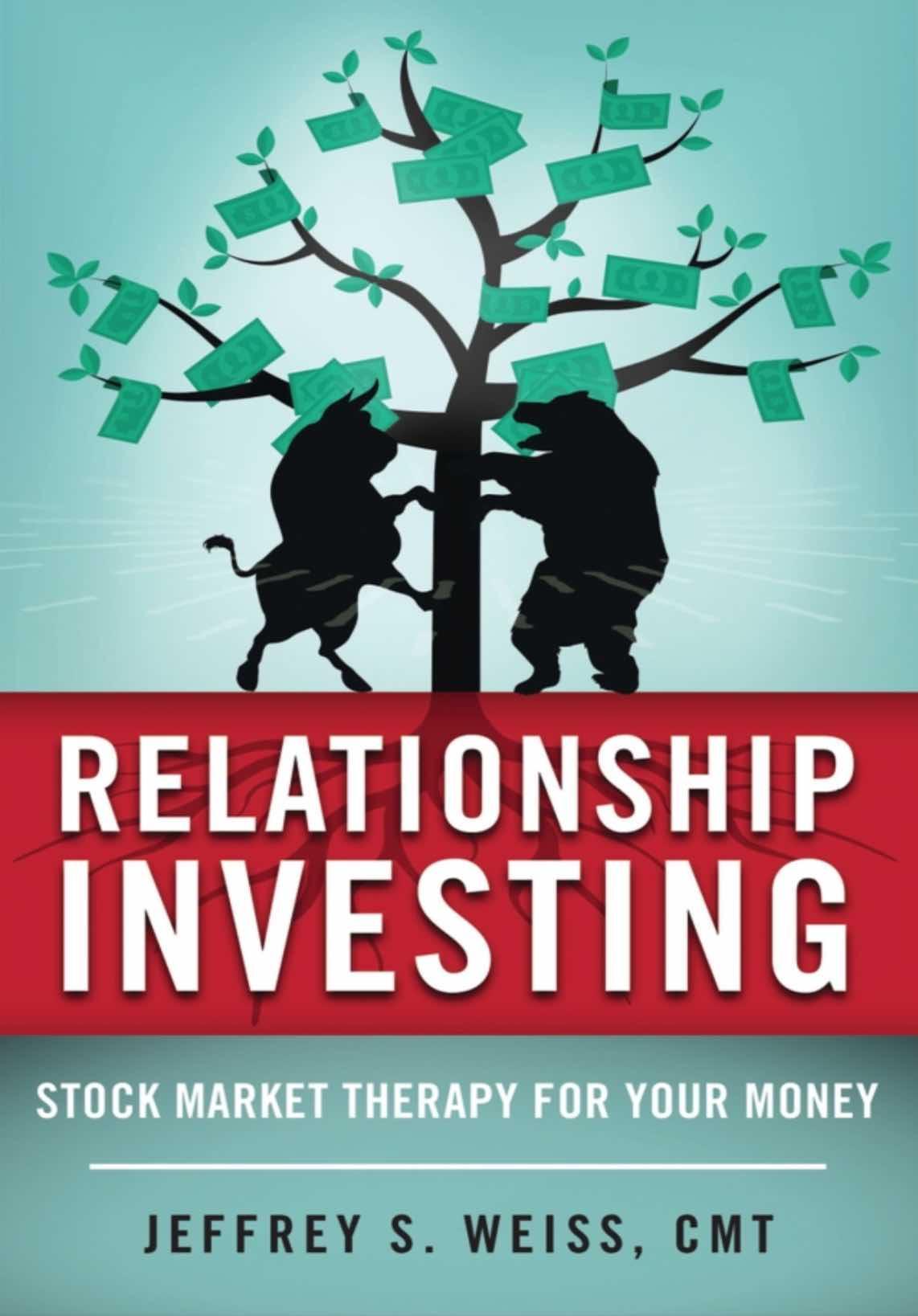Years ago, when I was working at E. F. Hutton & Company, a broker called to ask my view on Digital Equipment. He told me the story about how a substantial number of its shares had been in his family for many years and was now in his financial hands. I could sense that he had a family attachment to those shares. Digital Equipment was an equity selling in the triple digits at the time, and I don’t think he was particularly thrilled to hear me say he should employ a risk management strategy with accompanying stops. As well as I can recall, I advised him to sell part of the position, as it comprised a pretty good chunk of his capital and the shares’ technical pattern had waned. His response, while appreciative, was a reiteration that the stock had been in his family for many years, which gave him pause in parting with the shares.
In situations like this, however personal and sentimental, the stock market doesn’t know your personal status. It never has, it never will, and it doesn’t care. I tried to convey to him that if the stock were technically vulnerable, why would his family want him to retain the shares if it meant the potential loss of significant capital? Would this be what his grandpa, who gave him the shares, would have wanted? Besides, we’re only speaking about stocks here. I suggested an alternative—that he retain a small piece of the position and keep it in his family—forever, if that’s what he wanted. I hoped that addressing this psychological side of the situation would allow for a more flexible approach with the larger, remaining part of the position. To this day I don’t know what he decided to do, but the stock eventually slid sharply and the underlying company was eventually acquired.
Like it or not, the emotional component of investing is a more important part of the process than most folks realize. And if it weren’t difficult enough to successfully invest in the stock market, making investment decisions based on a family history of holding a particular position or other such emotional external factors fails to address the investment itself. That’s often a recipe for trouble.
Moral: We all hold dear mementos and family treasures that have been in our families for years and are priceless to us. We wouldn’t part with them for the world. Stocks deserve no such consideration, however. Holding on to them means assuming monetary risk, possibly substantial. Sentimental value won’t help your holdings in a primary bear market. The above story is yet another example of an external factor that can poorly influence investment decisions. The two need to be separated—once and for all.
(To be continued...)

This excerpt is taken from “Relationship Investing: Stock Market Therapy for Your Money” by Jeffrey S. Weiss. To read other articles of this book, click here. To buy this book, click here.
The Epoch Times copyright © 2023. The views and opinions expressed are those of the authors. They are meant for general informational purposes only and should not be construed or interpreted as a recommendation or solicitation. The Epoch Times does not provide investment, tax, legal, financial planning, estate planning, or any other personal finance advice. The Epoch Times holds no liability for the accuracy or timeliness of the information provided.





